Testosterone Talk Is Everywhere But What About Your Levels?
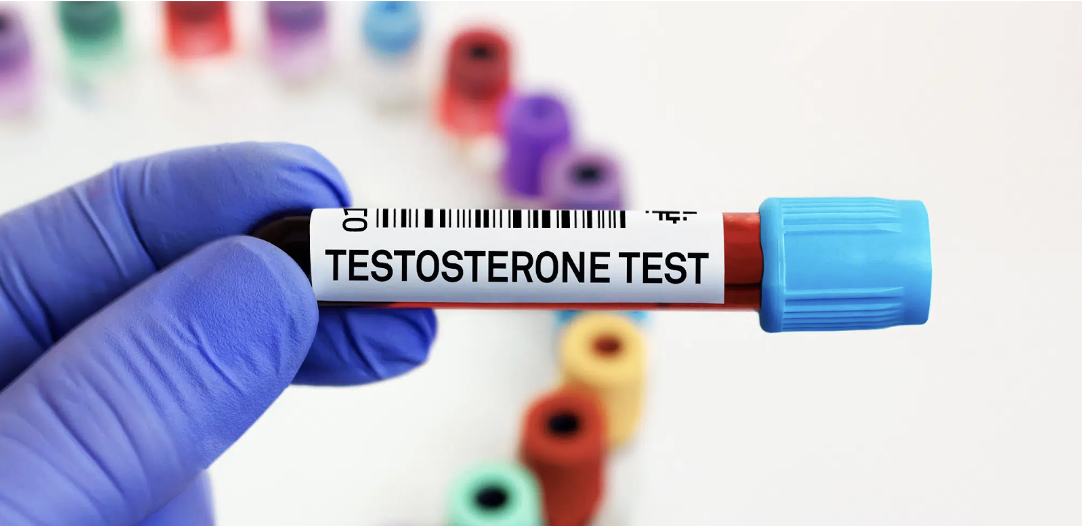
It’s your every day mid-week morning, and as I sip my coffee and flick through headlines, it’s clear TRT is having a moment.
You’ve probably seen the ads: “Feeling tired? Low libido? Brain fog?” Enter testosterone replacement therapy hailed by some as the golden ticket to reclaiming youthful vitality, slammed by others as a Band-Aid for a deeper problem.
As with most things in the health space, the truth lives in the grey. This post is about finding it.
What Is TRT, Really?
At its core, testosterone replacement therapy involves supplementing or replacing your body’s natural testosterone levels using gels, injections, patches, or pellets. It’s most commonly prescribed to men diagnosed with hypogonadism, a condition where the body fails to produce enough testosterone.
But these days, TRT is expanding beyond clinical necessity. It’s becoming a lifestyle decision and a tool for optimisation.
The Case For TRT
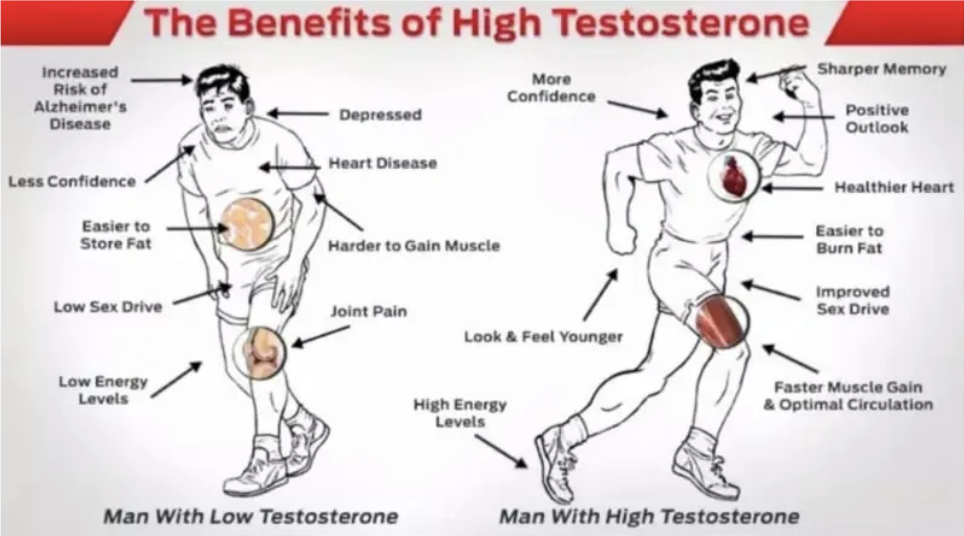
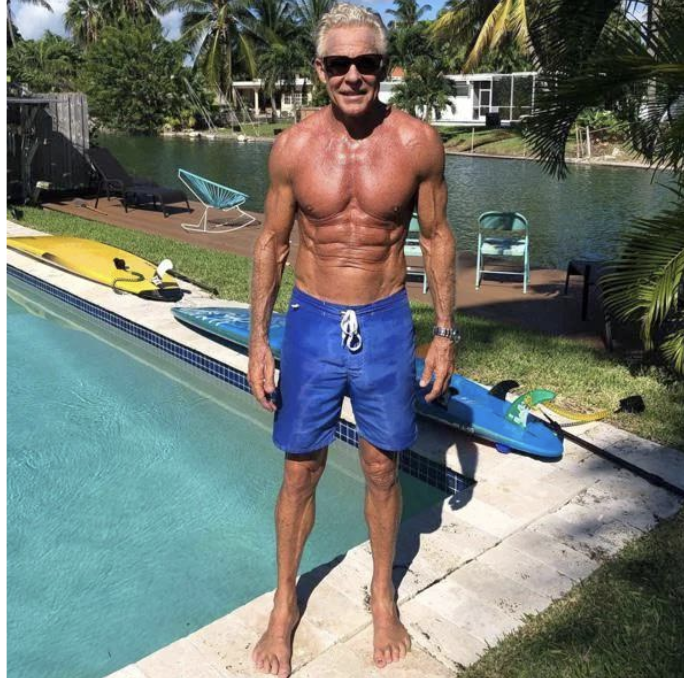
1. Quality of Life
Many men report immediate improvements: better energy, sharper focus, improved sleep, and a revived sex drive.
Mark Sisson – not bad for a guy in his 70s
Mark Sisson, the primal living legend, has spoken openly about using bioidentical hormone therapy later in life not for muscle, but for mood, motivation, and recovery. His take? If you’ve optimised your lifestyle and hormones are still subpar, there’s a time and place for intervention.
2. Muscle Mass and Bone Density
Testosterone plays a central role in maintaining muscle and bone. For men losing lean mass with age, TRT can turn the tide.
Ben Greenfield, biohacker and performance coach, acknowledges this advantage but urges caution: “You’re accelerating growth… but are you also accelerating aging”
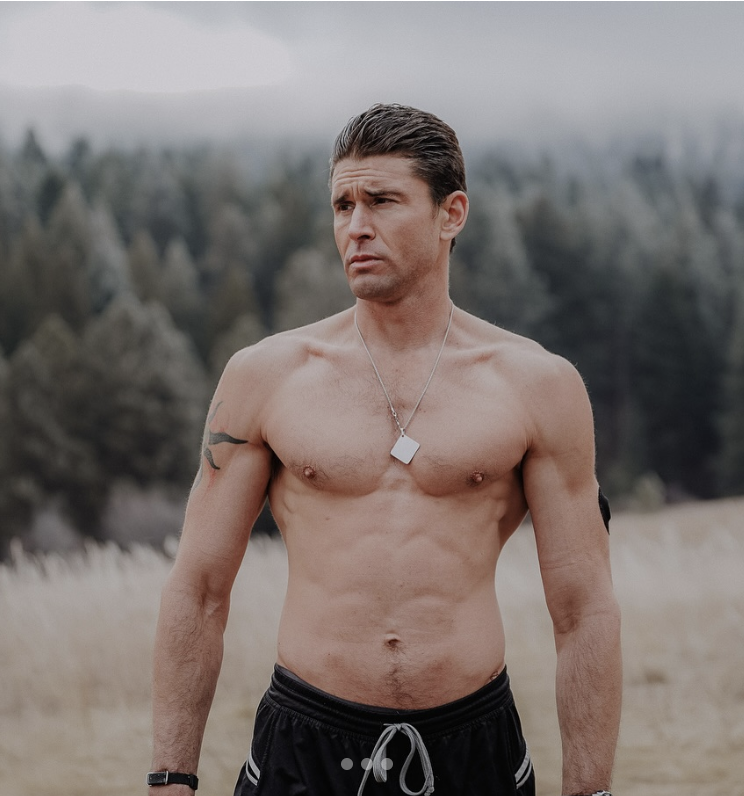
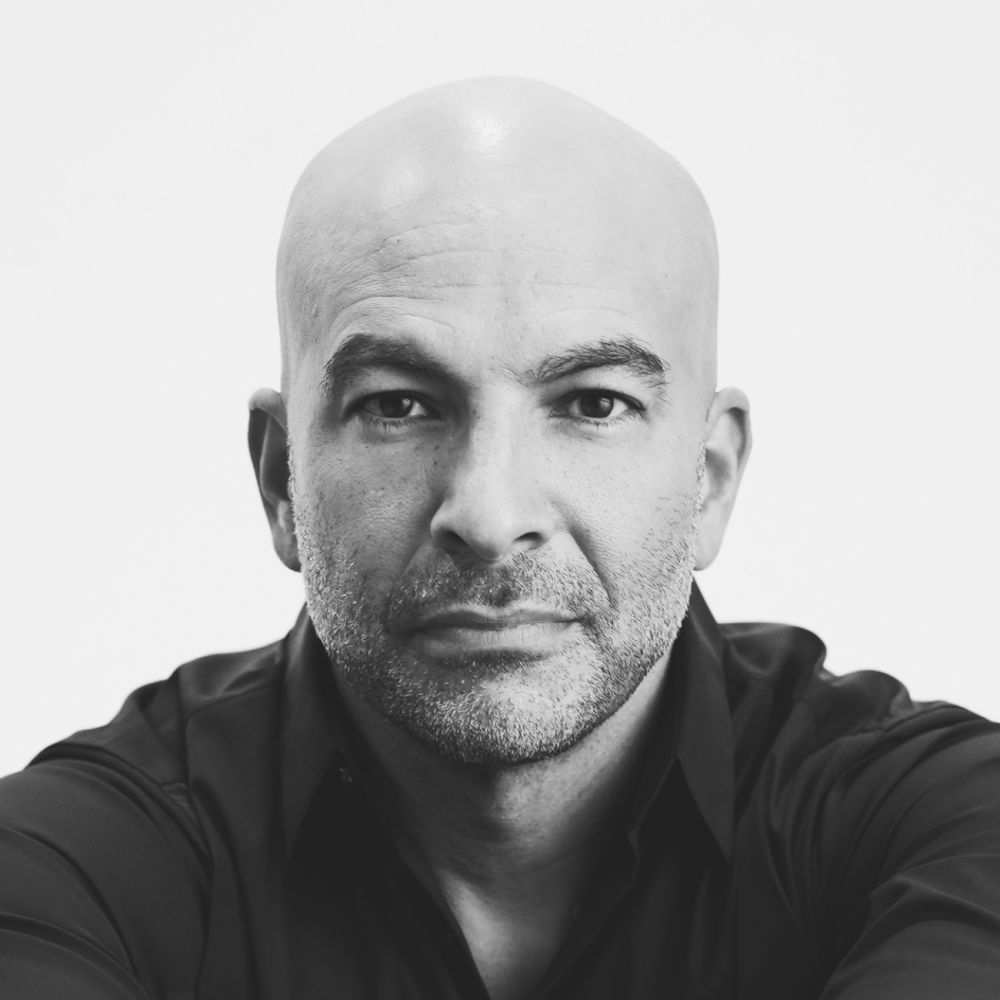
3. Cognitive Function & Mood
Some studies and anecdotes point to testosterone’s role in protecting against depression, anxiety, and cognitive decline.
Dr. Peter Attia, a longevity-focused physician, has discussed how, for the right patient, TRT can be part of a larger strategy to maintain peak performance into older age but only when paired with rigorous monitoring.
The Case Against TRT
1. Dependency & Suppression
One of the biggest risks? Once you’re on TRT, your body stops producing its own testosterone. You’re now dependent on an external supply, possibly for life.
Mark Sisson makes this point clear: don’t jump in unless you’ve exhausted all natural means (sleep, diet, stress reduction, heavy lifting, etc.).
2. Cardiovascular Risk (Maybe?)
Some studies suggest TRT may increase the risk of heart attacks and strokes, particularly in older men or those with underlying issues. Others show neutral or even positive effects. It’s a hotly debated topic, and the long-term safety isn’t fully known.
3. Fertility, Acne and Baldness
TRT can reduce sperm production, for some trigger acne, accelerate hair loss in predisposed men, and even thicken the blood.
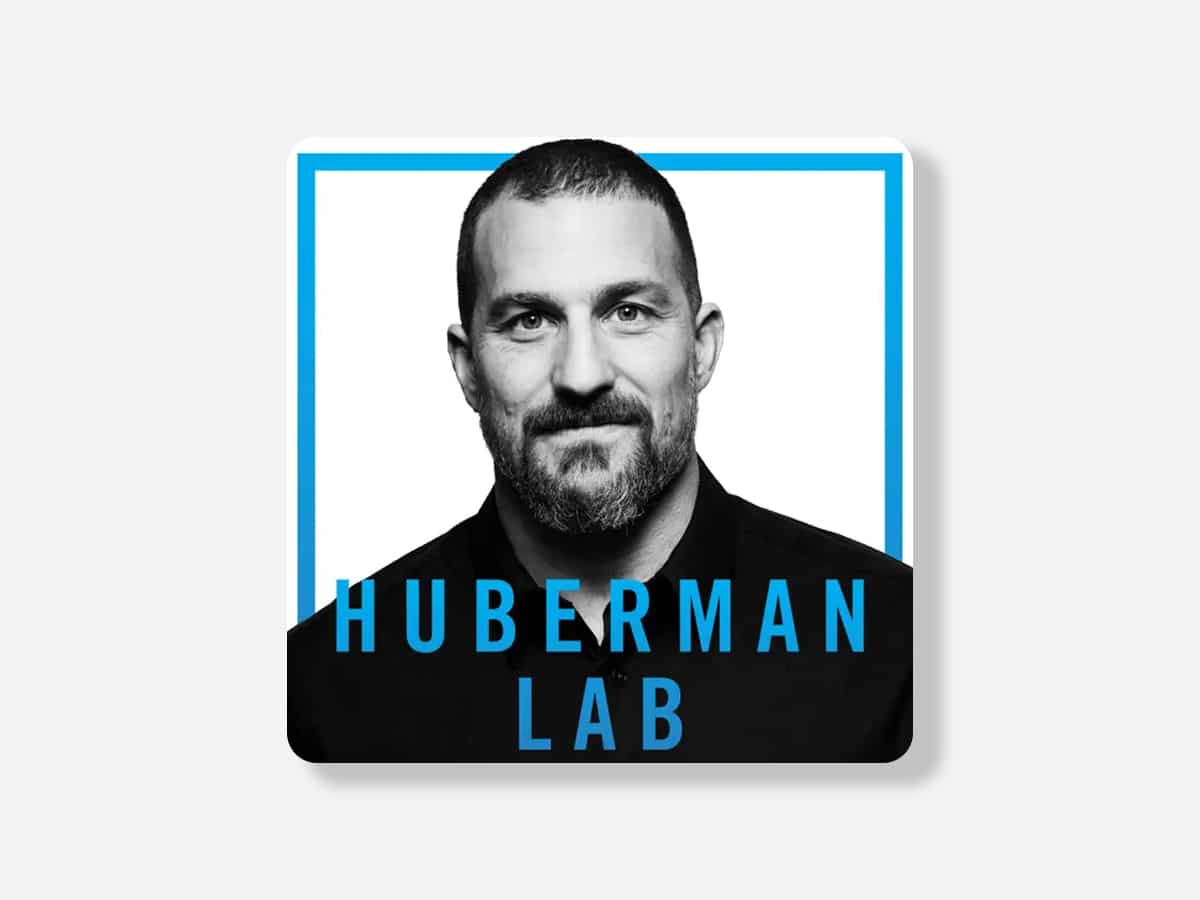
TRT has its place. But for many, the problem isn’t low testosterone, it’s a low-performance lifestyle. – Andrew Huberman
Andrew Huberman isn’t anti-TRT but he certainly isn’t gung-ho either. He has talked about this on his podcast, warning of the downstream effects of tinkering with a complex hormone system too soon.
What the Smart Folks Are Saying
- Mark Sisson: Use it only if you’ve optimised your lifestyle first. And go bioidentical, if possible.
- Peter Attia: TRT can be beneficial but only with clinical oversight and data-driven tracking.
- Ben Greenfield: There’s a time and place but “fix the foundation” first.
- Paul Saladino (Carnivore MD): Advocates for raising testosterone through ancestral living nose-to-tail eating, sun, sleep, and stress reduction.
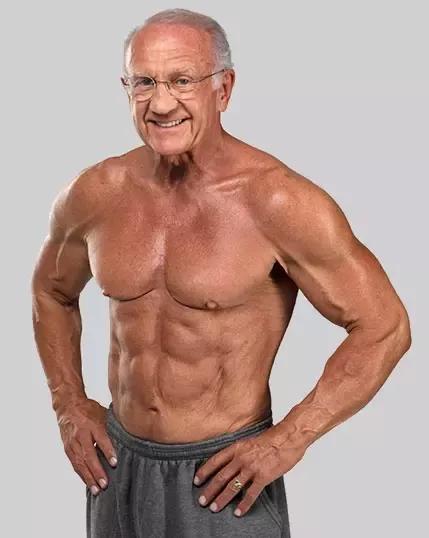
- Dr. Jeffry Life:
A poster boy for TRT (you’ve likely seen the shredded 80 plus year-old doc) advocates for it as part of an aggressive anti-aging protocol
Can You Boost Testosterone Naturally?
Yes and it should be your first step.
Here’s what all camps agree on:
- Lift heavy things (especially compound lifts)
- Sleep 7–9 hours a night
- Reduce chronic stress
- Eat adequate fat, cholesterol, and micronutrients
- Limit alcohol, xenoestrogens, and excess body fat
- Sunlight, cold exposure, and yes sex helps too 😉
Final Thoughts
TRT is not evil. It’s also not a shortcut.
If your testosterone is low due to illness, damage, or age and lifestyle hasn’t fixed it TRT might be the bridge to a better quality of life. But if you’re a healthy 30-something trying to “optimise,” proceed with caution.
The smartest approach? Test, don’t guess.
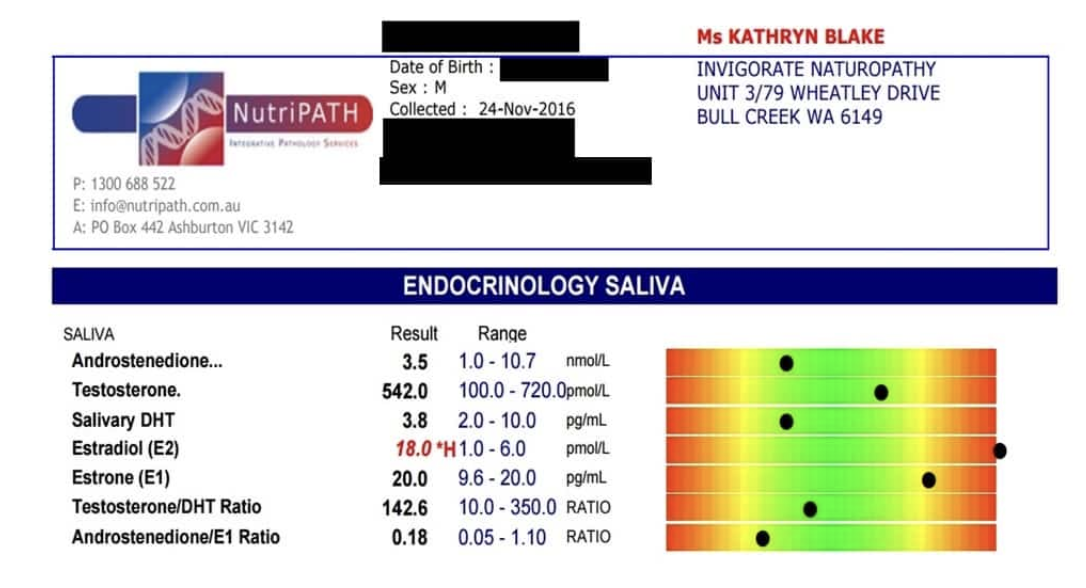
That’s why I’m now offering two levels of men’s hormone testing, designed to give you real insights
Here’s the deal:
✅ Basic Men’s Hormone Panel – $160
Perfect for men who want clarity without the fluff.
This panel includes:
- Total Testosterone
- Estrogen (E2)
- DHEA-S
These three markers alone can uncover 90% of what’s going on with your energy, mood, recovery, libido, and fat storage. It’s lean, focused, and actionable—ideal for those wanting to optimise without overcomplicating.
Want the essentials? This is your go-to.
🔬 Extensive Hormone Panel – $280
For those who want a deeper dive.
You’ll get everything in the Basic Panel, plus:
- Androstenedione
- Androstenedione-to-Estrogen Ratio
This is especially useful for men dealing with more complex symptoms or looking to track hormonal conversion pathways in greater detail (think estrogen dominance, adrenal burnout, or fat gain).
Best for biohackers and deep data lovers.
Ready to take the guesswork out of your energy, recovery, and performance?
Book your hormone test today.
Start with the Basic Panel, it’s got everything you need to take smart, informed action.
Simply email us today to start the conversation.
So, Would I Ever Try TRT?
Not today. My markers are currently in a respectable range.
But maybe someday if the time, bloodwork, and life stage were right.
For now, it’s about lifting heavy, sleeping well, managing stress, and embracing the beautiful challenge of aging as naturally and powerfully as I can.
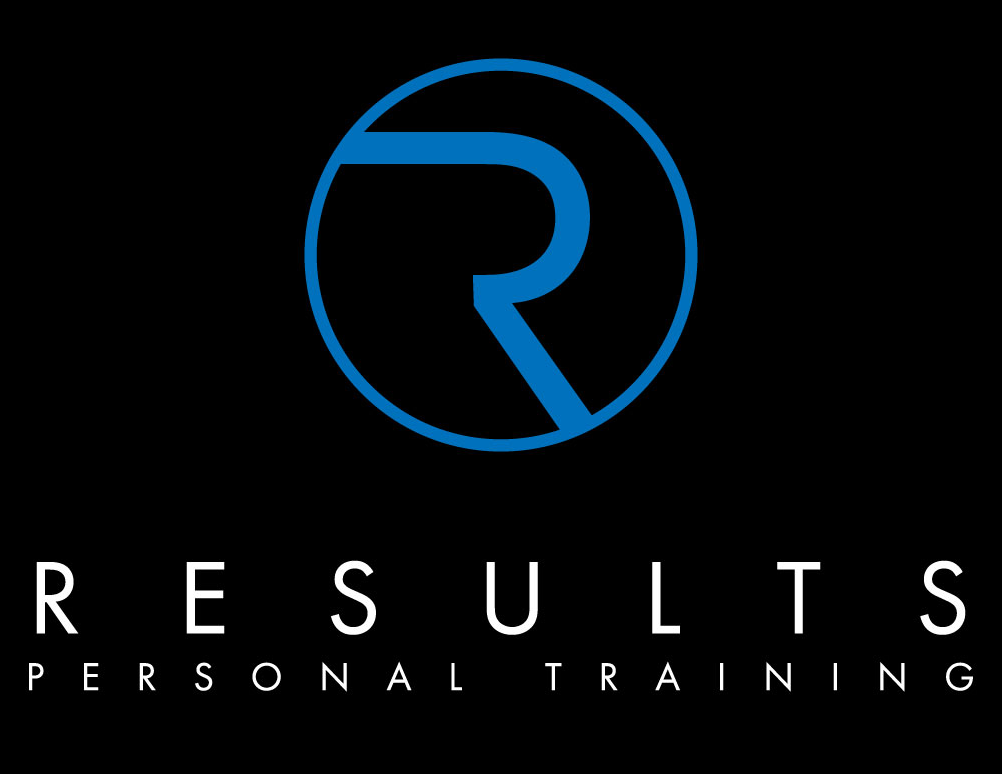
Recent Comments